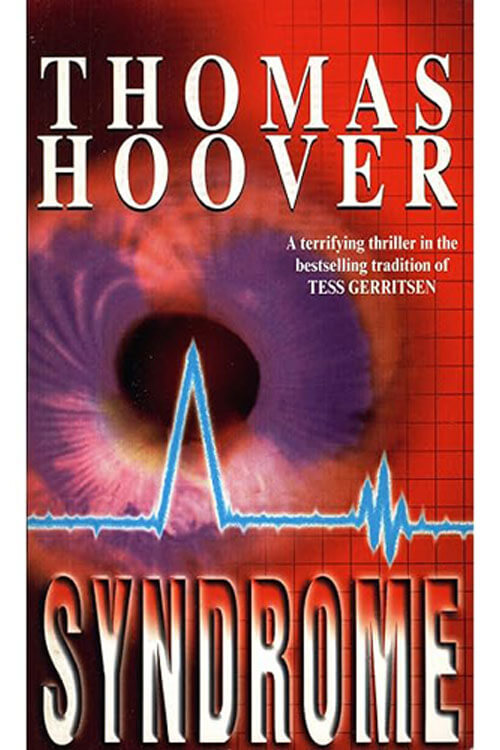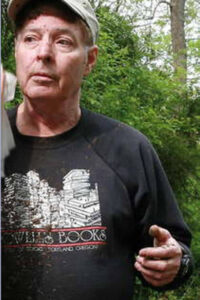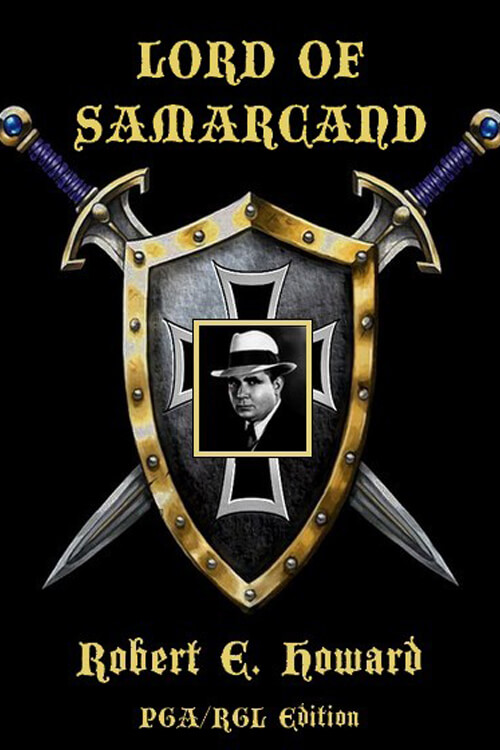
Syndrome
“Don’t flatter me excessively; I might want to start believing you.” He laughed. “But speaking of doctors, didn’t you used to have some heart issue? How is that these days?”
“You want to know?”
“Maybe it might have something to do with why I’m calling. Best I recall, you never told me, even back when.”
“Thank you for asking,” she said. “I guess it’s not much of a secret anymore, with me popping nitro every other day. I have a scarred valve and coronary stenosis, and it’s not getting any better. I don’t know what to do about it short of going to Lourdes for a miracle.”
“I see,” he said. Then he fell silent. Mercifully, he didn’t come up with false bravado about revolutionary treatments, and you never can tell. Then he said, “So, is that why you’ve enrolled in the clinical trials at the Dorian Institute? To be part of their work using stem cells?”
Read or download Book
Thomas Hoover
Thomas Hoover began his writing career with two classic non-fiction books on Far Eastern art (Zen Culture, Random House, 1977) and religion (The Zen Experience, Penguin, 1980).
Biography.
He then moved into fiction writing with two critically acclaimed novels about English sailors in the early Seventeenth century, one set in India, The Moghul and one in the Caribbean, Caribbee. Critics have compared his historical novels to those of James Clavell and James A. Mitchner, and his books have twice been optioned for TV mini-series production.
His most recent novels, including The Touchdown Gene, a novel about DNA manipulation, examine topics at the cutting edge of medicine and genetics.
Hoover also acquired a doctorate in oceanography and later served as senior vice president of an architect-engineering firm in New York, where he has lived for several decades. His vices include being an avid sailor and a recognized collector of Indian classical music.






